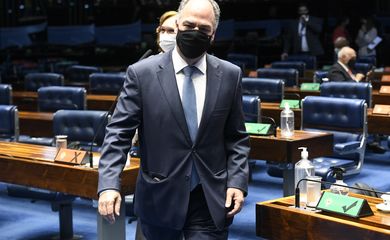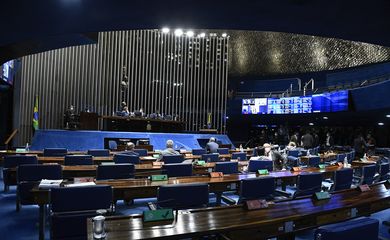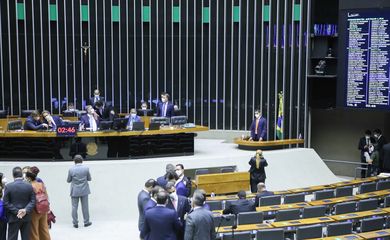Promulgation of the PEC dos Precatórios will be sliced, says Arthur Lira

The Proposed Amendment to the Constitution (PEC) 23/21, known as the PEC dos Precatórios will have a “sliced” enactment. The objective is to enable the increase in Brazil Aid. According to the president of the Chamber of Deputies, Arthur Lira (PP-AL) , the two Legislative Houses will make “the maximum effort” to enact as soon as possible the parts of the proposal in which there was an agreement. Once enacted, they will be published and will enter into force.
The changes made by the Senate are returned to the Chamber for further consideration as an independent proposal.

“Not even the market, the stock market, the dollar, businessmen, municipalities, creditors, and much more, those who need Aid Brazil can expect a new processing from the CCJ [Constitution and Justice Commission], from a special commission and from the plenary twice. It is very normal that common texts can be promulgated”, said Lira, after leaving the meeting of the leaders' college. According to Lira, the Chamber and Senate advisors will define what can already be promulgated and what should return to the deputies' analysis.
This Thursday afternoon (2), the Federal Senate approved, by 64 votes in favor and 13 against, in the first round, and 61 votes in favor and 10 against, in the second round, the PEC dos Precatório.
Among the main changes made by the rapporteur is the reduction of the term of validity of the limit in the Budget for the payment of court orders. According to the approved text, the spending ceiling, which restricts the growth of expenses to inflation, will have to be discussed again in 2026, a measure that goes against what Economy Minister Paulo Guedes wanted.
Also according to the proposal, the open fiscal space with the restriction of payment of court orders and the change in the calculation of the government spending ceiling – a total of R$ 106 billion – will be entirely destined to social purposes, such as programs to combat poverty and extreme poverty, health, social assistance and welfare.
Text translated using artificial intelligence.





